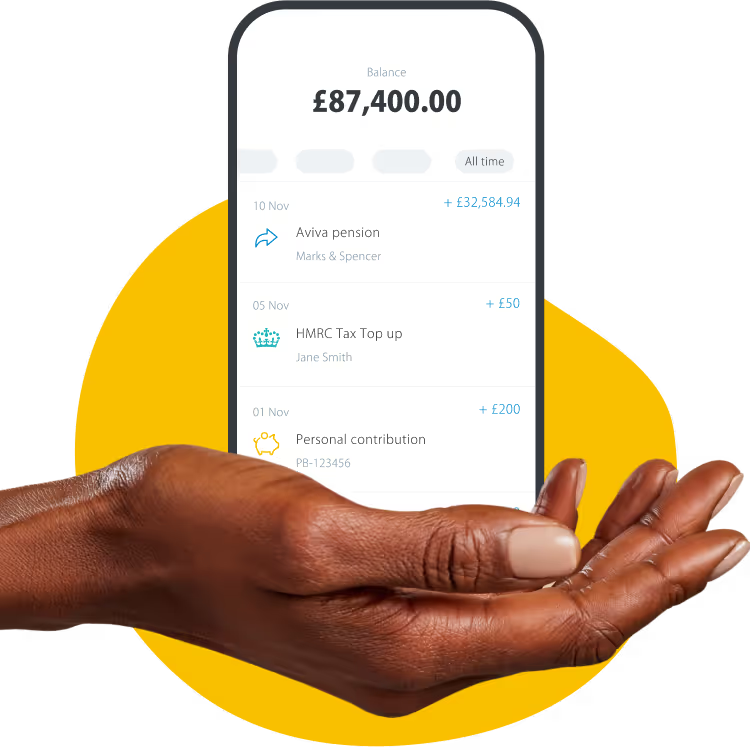
One in four pensioners with pets would struggle to pay a sudden vet bill for their furry friend, according to new research from PensionBee.
The research also revealed that more than half (53%) of pet-owning pensioners spend more than £50 per month, of which more than a quarter (27%) spend more than £100. With the average single pensioner income at £1,068 per month, this represents a sizeable commitment.
According to PensionBee estimates, a £50 a month average spend on pets would be more than a typical pensioner spends on clothing & footwear and communication. As discussions around the Winter Fuel Payment focus on pensioner poverty, this new research highlights how much caring for pets—an often overlooked financial burden—can place on pensioners.
Over _basic_rate of respondents admitted that they would struggle to pay a vet bill, with a further 8% stating they wouldn’t be able to pay at all. When looking at pensioners with a household income of less than £1,500 per month, these figures rise to 31% and 16% respectively.
More than 7% of pensioners said that they have either considered giving up a pet due to money worries or have actually done so. This is all the more concerning given that, according to AgeUK, pets represent a key source of mental wellbeing and social interaction for many pensioners.
Becky O’Connor, Director of Public Affairs at PensionBee, commented: “The high proportion of income pensioners spend on their pets demonstrates how important having a furry companion can be.
However, this research shows that the associated costs can be hard to bear for those without adequate retirement savings and pet insurance, which itself can be a significant expense if you are on a low fixed income. This could lead to difficult decisions.
When planning for retirement, it’s important to account for pets, who tend to cost more as they age. This includes making budget provisions to feed and care for them, and seeking adequate insurance to cover unexpected accidents and illnesses.”
Appendix
Table 1: On Average, How Much Do You Spend on Your Pet(s) Per Month?
This includes everything from vet bills, medication and insurance to food, accessories, grooming, and holiday care.
Source: PensionBee, September 2024. Based on a nationally representative sample of 1000 UK pensioners, aged _state_pension_age and above, who own at least one pet. Numbers rounded.
Table 2: How Would You Handle a Sudden Vet Bill of £800?
Source: PensionBee, September 2024. Based on a nationally representative sample of 1000 UK pensioners, aged _state_pension_age and above, who own at least one pet. Numbers rounded.
Table 3: Have You Ever Considered Giving Up a Pet Due to Financial Worries?
Source: PensionBee, September 2024. Based on a nationally representative sample of 1000 UK pensioners, aged _state_pension_age and above, who own at least one pet. Numbers rounded.











